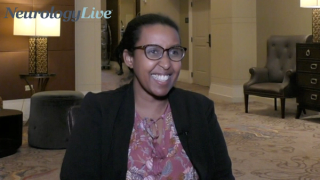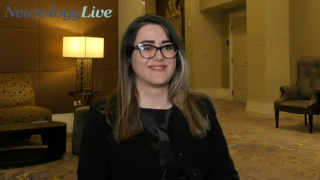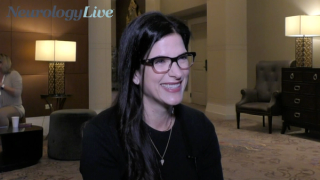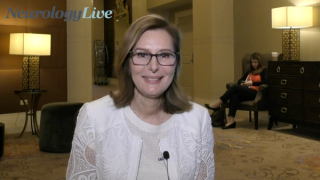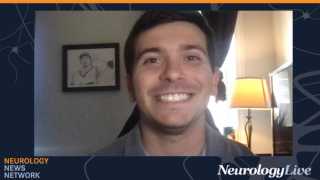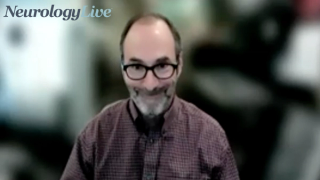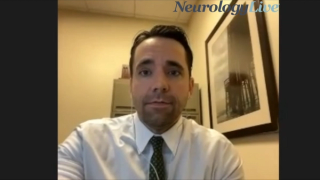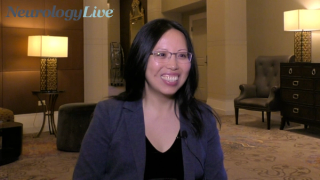
Movement Disorders
Latest News

Latest Videos

CME Content
More News

A-synuclein-positive athletes were similar to α-synuclein-negative athletes on demographics and other serum and blood biomarkers; however, these patients had lower grey matter volumes in the right inferior orbitofrontal, right anterior insula, and right olfactory cortices.

Daniel Claassen, MD, MS, reviews emerging treatment options for HD, and shares resources for patients, caregivers, and physicians to navigate diagnosis and management of HD.

An expert neurologist comments on the lack of an approved treatment for HD and examines the evolving treatment landscape, including interest in biomarkers.

Here's some of what is coming soon to NeurologyLive® this week.

Test your neurology knowledge with NeurologyLive®'s weekly quiz series, featuring questions on a variety of clinical and historical neurology topics. This week's topic is ataxia.

Take 5 minutes to catch up on NeurologyLive®'s highlights from the week ending December 15, 2023.

In a recent analysis, acute levodopa induced a robust short-duration response (SDR) and long-duration response (LDR), with further improvement in the combined SDR plus LDR state in patients with Parkinson disease.
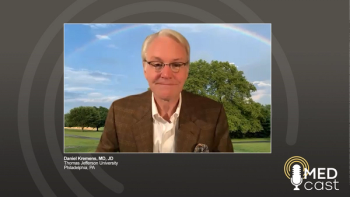
The neurology doctors discuss motor fluctuations and dyskinesia associated with Parkinson’s Disease.

New preliminary data showed that more than 50% of dosed pediatric patients with X-linked myotubular myopathy achieved ventilator independence, with some attaining the ability to walk independently.

In a recently published study, findings revealed that mitochondrial dysfunction in patients with idiopathic REM sleep behavior disorder may serve as a predictor for the progression of Parkinson disease.

Lobule VIIB showed a non-linear pattern of lower volume with each Hoehn and Yahr-increment bilaterally, with the most significant group differences at stages 4-5 compared with controls.

Also known as ATH-1017, fosgonimeton demonstrated a safe profile, with directional improvements in cognitive, functional, and biomarker assessments.
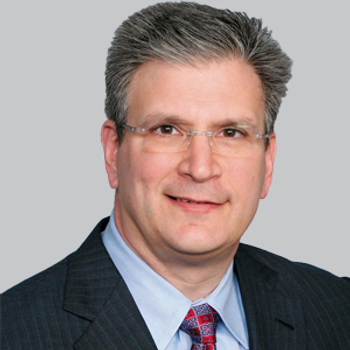
The OneRF Ablation System follows the Evo cortical and sEEG electrode product lines, marking a significant step in NeuroOne's journey to offer innovative solutions for neurological conditions.

Maura McCarthy, head of corporate development at Skyhawk Therapeutics, provided comment on a new phase 1 study assessing SKY-0515, a small molecule candidate as a potential treatment for Huntington disease.

Daniel Claassen, MD, MS, emphasizes the utilization of social workers to reduce the psychosocial burden of HD on both the patient and their family.

An expert neurologist discusses the management of HD, highlighting pharmacologic vs nonpharmacologic treatment.

Here's some of what is coming soon to NeurologyLive® this week.

Test your neurology knowledge with NeurologyLive®'s weekly quiz series, featuring questions on a variety of clinical and historical neurology topics. This week's topic is ataxia.

Take 5 minutes to catch up on NeurologyLive®'s highlights from the week ending December 8, 2023.

Catch up on any of the neurology news headlines you may have missed over the course of November 2023, compiled all into one place by the NeurologyLive® team.

Multicompartment Models of Free-Water Imaging Shows Distinctive Brain Pathology in Friedreich Ataxia
A recent study showed the efficacy of multicompartment diffusion measures in distinguishing patients with Friedreich ataxia from controls, emphasizing the potential for these metrics in tracking disease expression and progression.
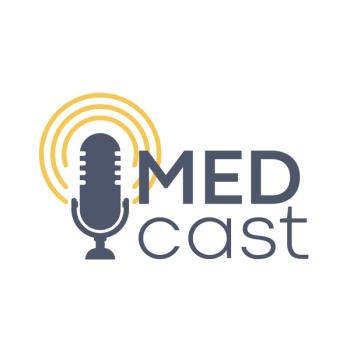
The neurology doctors discuss motor fluctuations and dyskinesia associated with Parkinson’s Disease.

Daniel Claassen, MD, MS, shares his approach to diagnosing patients with HD, as well as communicating with patients about the hereditary nature of the disease.

Daniel Claassen, MD, MS, provides an overview of the pathophysiology and genetic background of Huntington’s disease (HD), a neurodegenerative disorder.

Here's some of what is coming soon to NeurologyLive® this week.





